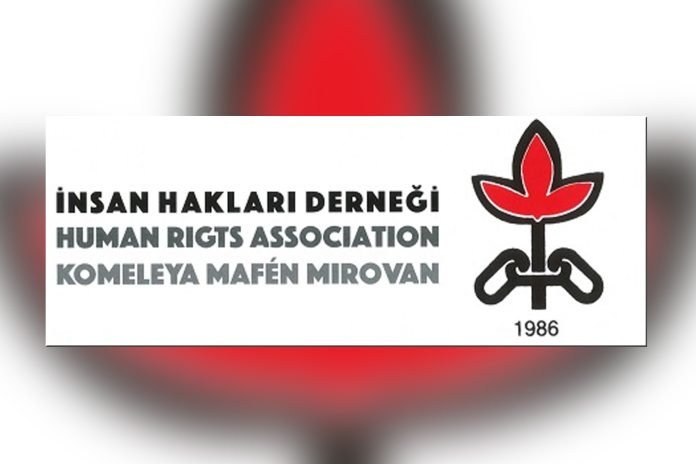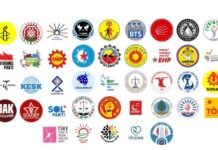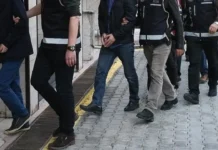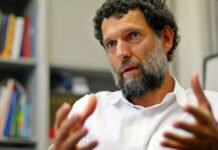A regional branch of the Human Rights Association (İHD) has released a midyear report on the human rights situation in Turkey’s eastern and southeastern regions, detailing 3,895 rights violations, the Artı Gerçek news website reported on Wednesday.
The report detailed abuses in a number of areas, including violations of the right to life, freedom of expression, freedom of assembly, prisoners’ rights and political rights of the Kurdish minority living in the covered regions.
At least 98 people, including minors, suffered mistreatment at the hands of law enforcement officers.
The İHD said the authorities’ restrictions on free speech led to the detention of 1,164 people including 88 minors. Of those detained, 165 were later arrested by the courts. Fifty-six people were convicted, including politicians and journalists.
The authorities banned 56 public events and violently dispersed 34 gatherings.
In prisons, three inmates died of illness and two others died in what the authorities classified as suicide. The authorities obstructed 116 inmates’ access to healthcare.
Prison monitoring boards denied parole to 22 prisoners on such grounds as failure to display remorse and failure to participate events held on national and religious days.
Turkish authorities continued their assaults on the political rights of the Kurdish minority, ousting one mayor who was elected in the country’s latest local elections in March and launching investigations into four others.
In addition, at least nine Kurdish mayors faced travel bans.
In the last decade, the Turkish government summarily removed more than a hundred elected Kurdish mayors from office over their purported ties to the outlawed Kurdistan Workers’ Party (PKK), an armed separatist group designated as a terrorist organization by Turkey and their Western allies.
Yet, the ousters were carried out as an administrative measure and often failed to demonstrate substantial terrorism links. The mayors were replaced by pro-government trustees, instead of their deputies or through repeat elections.
The recent assaults on elected officials raised concerns that the ruling Justice and Development Party (AKP) is planning to once again fill Kurdish-majority municipalities with government-appointed trustees.
The human rights situation in the region is often ignored by Turkey’s mainstream media, most of which is under political control. A few outlets reporting rights violations, such as the Mezopotamya news agency, often face abusive prosecutions against their reporters and online censorship imposed by courts on their news articles.















